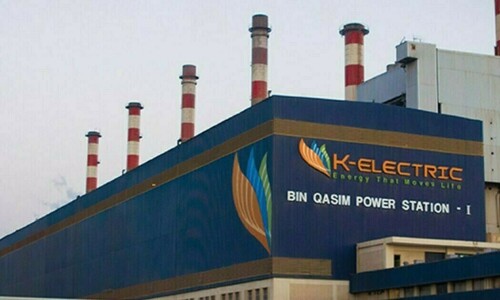FRANKFURT, Dec 29: The European Central Bank would act decisively against knock-on inflation effects from higher wage demands, ECB Governing Council member Axel Weber said in comments released on Saturday.
In a guest contribution to Germany’s Bild am Sonntag newspaper, Weber said that high energy and food prices would keep inflation elevated through the first half of 2008 but workers and companies had to be moderate in their responses.
The current, unusually high inflation rates in Germany and the euro zone must not be the yardstick for the next wage round, he wrote, according to an advance extract from the paper.
A spike in prices as a result of excess wage rises can endanger medium-term price stability. We would act decisively against this. Unlike other major central banks, the ECB has not cut interest rates in the wake of financial market turbulence but kept benchmark credit costs on hold at 4 per cent. A combination of upward price risks and downside risks to growth has convinced most analysts that rates will remain on hold through 2008.
Still, German inflation eased in December after accelerating to its highest level in nearly 14 years in the prior month, suggesting inflation in the broader euro-zone may also have cooled in the final month of 2007.
A preliminary estimate based on figures from six German states showed EU-harmonised inflation easing to 3.1 per cent compared to December 2006 after a 3.3 per cent in November.—Reuters















































Dear visitor, the comments section is undergoing an overhaul and will return soon.